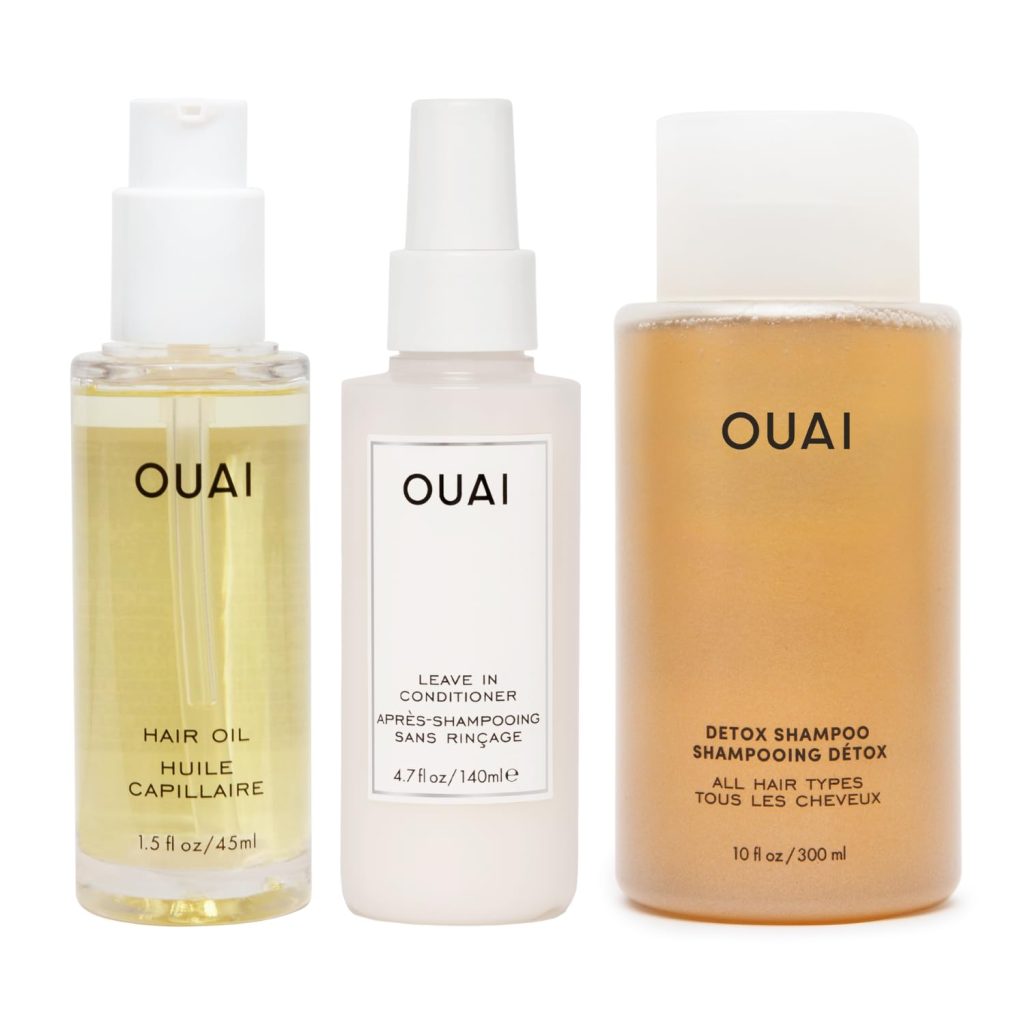
Leave in conditioner vs hair oil are popular hair care products in 2024, and they have different benefits. Which hair care product you choose depends on your hair type and the results you want. This article explores the main features of leave-in conditioners and leave in conditioner vs oil to help you decide which product is best for your hair care routine.
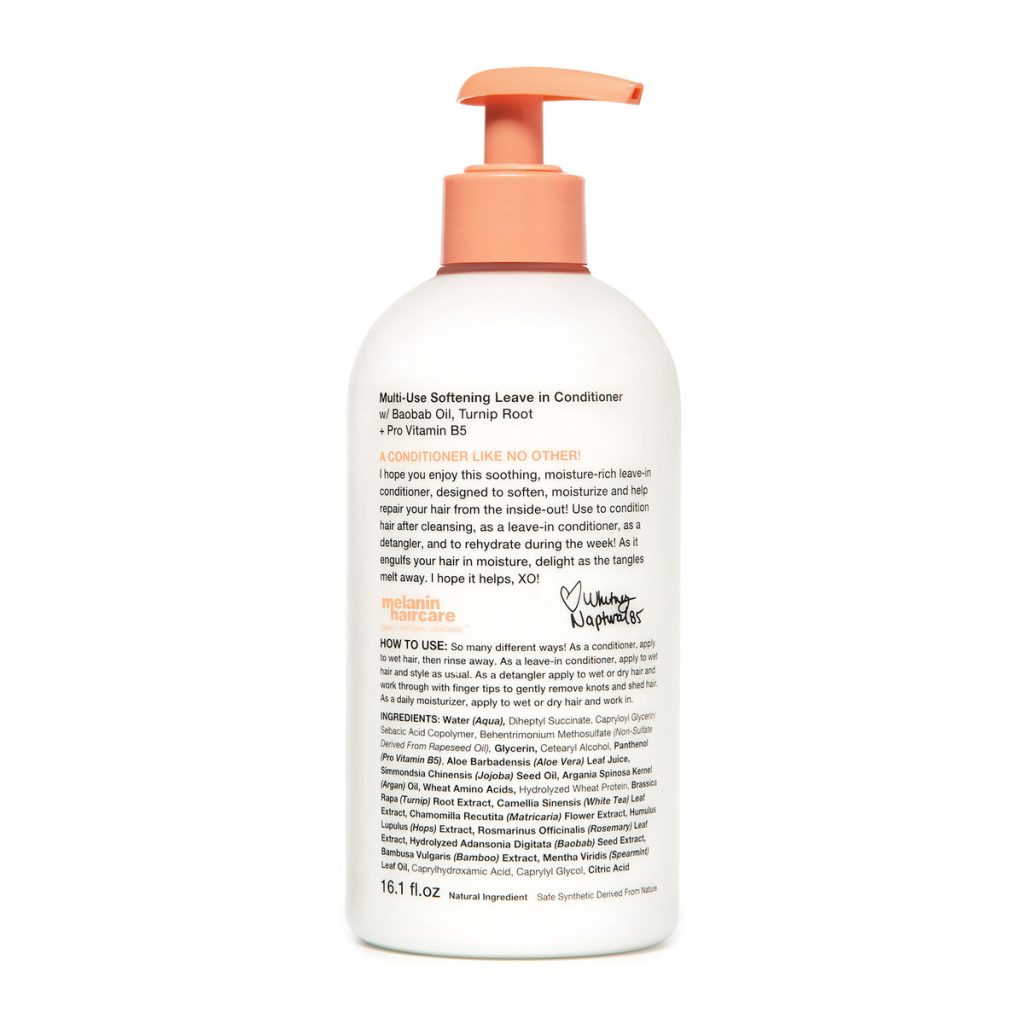
Leave-In Conditioners: Detangling Hydration Powerhouses
Leave-in conditioners are lightweight hair products designed to be applied after washing and conditioning, but without rinsing. They offer a variety of benefits:
Hydration:
Leave-in conditioners add moisture to hair, helping to prevent dryness and frizz.
Detangling:
These products can make combing and brushing your hair easier, reducing breakage.
Manageability:
Leave-in conditioners can improve hair manageability, making it easier to style.
Heat Protection:
Some leave-in conditioners offer heat protectant properties, shielding hair from damage caused by hot tools.
Leave-in conditioners come in various formulas to target specific hair concerns, such as frizz control or curl definition.
Who Needs Leave-In Conditioner?
Leave-in conditioners are beneficial for most hair types, especially:
-
Dry Hair: Adds moisture to combat dryness and breakage.
-
Curly Hair: Helps define curls and reduce frizz.
-
Color-Treated Hair: Provides hydration and protects color vibrancy.
-
Heat-Styled Hair: Offers heat protection to minimize heat damage.
If your hair feels dry, tangled, or difficult to manage, a leave-in conditioner might be a good option to explore.
Hair Oils: Sealing in Moisture and Shine
Hair oils are concentrated treatments that lock in moisture and add shine to hair. Here’s a look at their key benefits:
-
Moisture Retention: Hair oils coat the hair shaft, preventing moisture loss and dryness.
-
Shine Boost: Oils add shine and luster to hair, making it look healthy and vibrant.
-
Frizz Control: Hair oils can tame frizz and flyaways, leaving hair smooth and manageable.
-
Scalp Soothing: Certain oils, like jojoba oil, can help soothe a dry scalp.
Hair oils come in various weights, from light and easily absorbed to thick and luxurious. Choose an oil based on your hair type and preferences.
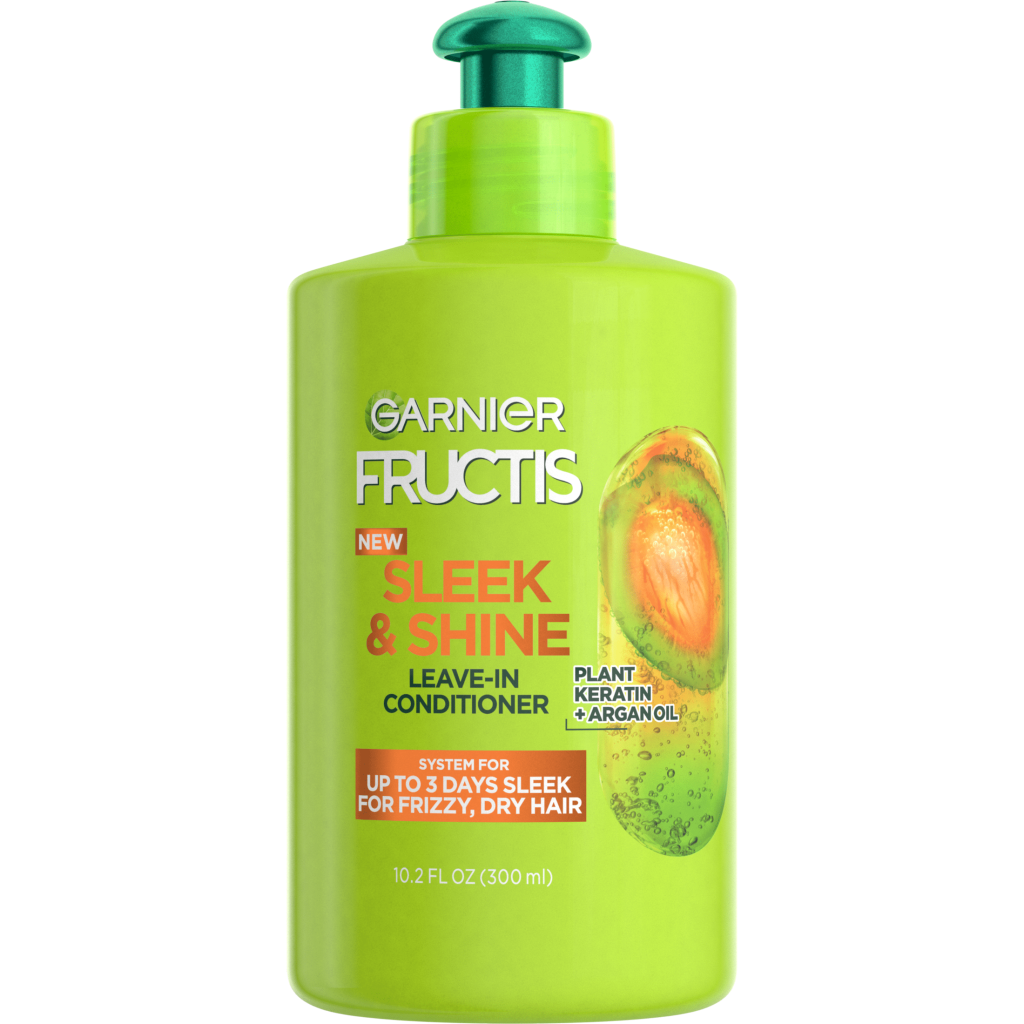
Who Can Benefit from Hair Oils?
Hair oils can be beneficial for various hair types, but some hair types see particular advantages:
-
Dry Hair: Adds moisture and seals it in to prevent dryness and breakage.
-
Thick Hair: Helps tame frizz and flyaways, making hair more manageable.
-
Coarse Hair: Adds shine and softness to coarse hair texture.
-
Chemically Treated Hair: Provides extra moisture and protection for hair weakened by chemical treatments.
If your hair feels dry, frizzy, or lacks shine, consider incorporating hair oil into your hair care routine.
The Perfect Match: Combining Leave-In Conditioner and Hair Oil
Leave-in conditioners and hair oils can be used together to achieve optimal results. Here’s how to combine leave in conditioner vs hair oil effectively:
-
Start with Leave-In Conditioner: Apply leave-in conditioner to damp hair after showering.
-
Less is More with Oil: Use a small amount of hair oil, starting at the ends and working your way up the hair shaft. Avoid applying directly to the roots, which can make hair look greasy.
-
Experiment and Observe: See how your hair reacts to the combination. You might need to adjust the amount of each product you use based on your hair type and desired outcome.
Remember: A little goes a long way with shine spray do for your hair. Applying too much can weigh down your hair and make it look greasy.
Leave-In Conditioner: A Multitasking Marvel
Leave-in conditioners are lightweight hair products designed to be applied after washing and conditioning, but without rinsing. They offer a variety of benefits:
-
Hydration Boost: Adds moisture to hair, helping to prevent dryness and frizz.
-
Detangling Power: These products can make combing and brushing your hair easier, reducing breakage.
-
Manageability Magic: Leave-in conditioners can improve hair manageability, making it easier to style.
-
Heat Shield: Some leave-in conditioners offer heat protectant properties, shielding hair from damage caused by hot tools.
Leave-in conditioners come in various formulas to target specific hair concerns, such as frizz control or curl definition.
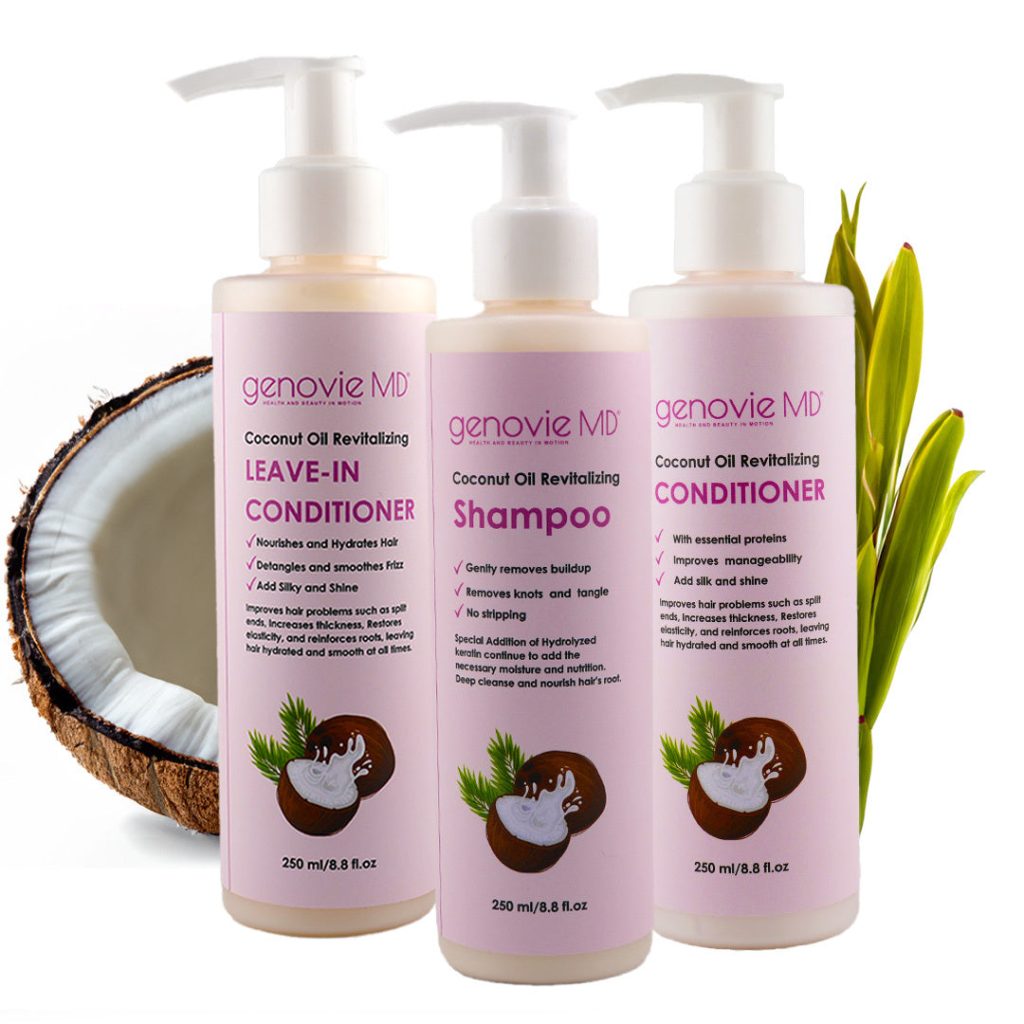
Perfect for Parched Hair
Leave-in conditioners are beneficial for most hair types, especially:
-
Dry Hair: Adds moisture to combat dryness and breakage.
-
Curly Hair: Helps define curls and reduce frizz.
-
Color-Treated Hair: Provides hydration and protects color vibrancy.
-
Heat-Styled Hair: Offers heat protection to minimize heat damage.
If your hair feels dry, tangled, or difficult to manage, a leave-in conditioner might be a good option to explore.
Hair Oils: Sealing Moisture and Shine
Oil vs leave in conditioner are concentrated treatments that lock in moisture and add shine to hair. Here’s a look at their key benefits:
-
Moisture Lock: Hair oils coat the hair shaft, preventing moisture loss and dryness.
-
Shine Brilliance: Oils add shine and luster to hair, making it look healthy and vibrant.
-
Frizz Fighter: Hair oils can tame frizz and flyaways, leaving hair smooth and manageable.
-
Scalp Soother: Certain oils, like jojoba oil, can help soothe a dry scalp.
Hair oils come in various weights, from light and easily absorbed to thick and luxurious. Choose an oil based on your hair type and preferences.
Ideal for Dry or Thick Hair
Hair oils can be beneficial for various hair types, but some hair types see particular advantages:
-
Dry Hair: Adds moisture and seals it in to prevent dryness and breakage.
-
Thick Hair: Helps tame frizz and flyaways, making hair more manageable.
-
Coarse Hair: Adds shine and softness to coarse hair texture.
-
Chemically Treated Hair: Provides extra moisture and protection for hair weakened by chemical treatments.
If your hair feels dry, frizzy, or lacks shine, consider incorporating oil to hair into your hair care routine.
Experiment and Observe:
The best way to find the right balance for your hair is to experiment with both products and see how your hair responds. Start with a small amount of each product and adjust as needed. You can also consult a hairstylist for personalized recommendations.
Precautions for using leave in conditioner vs hair oil
Leave-in conditioners and hair oils are two popular hair care products that offer different benefits and serve distinct purposes. Leave-in conditioners help keep hair hydrated, manageable, and protected, while hair oils nourish, add shine, and protect against damage. Understanding the differences between these two products and considering their appropriate usage is essential for incorporating them into your hair care routine.
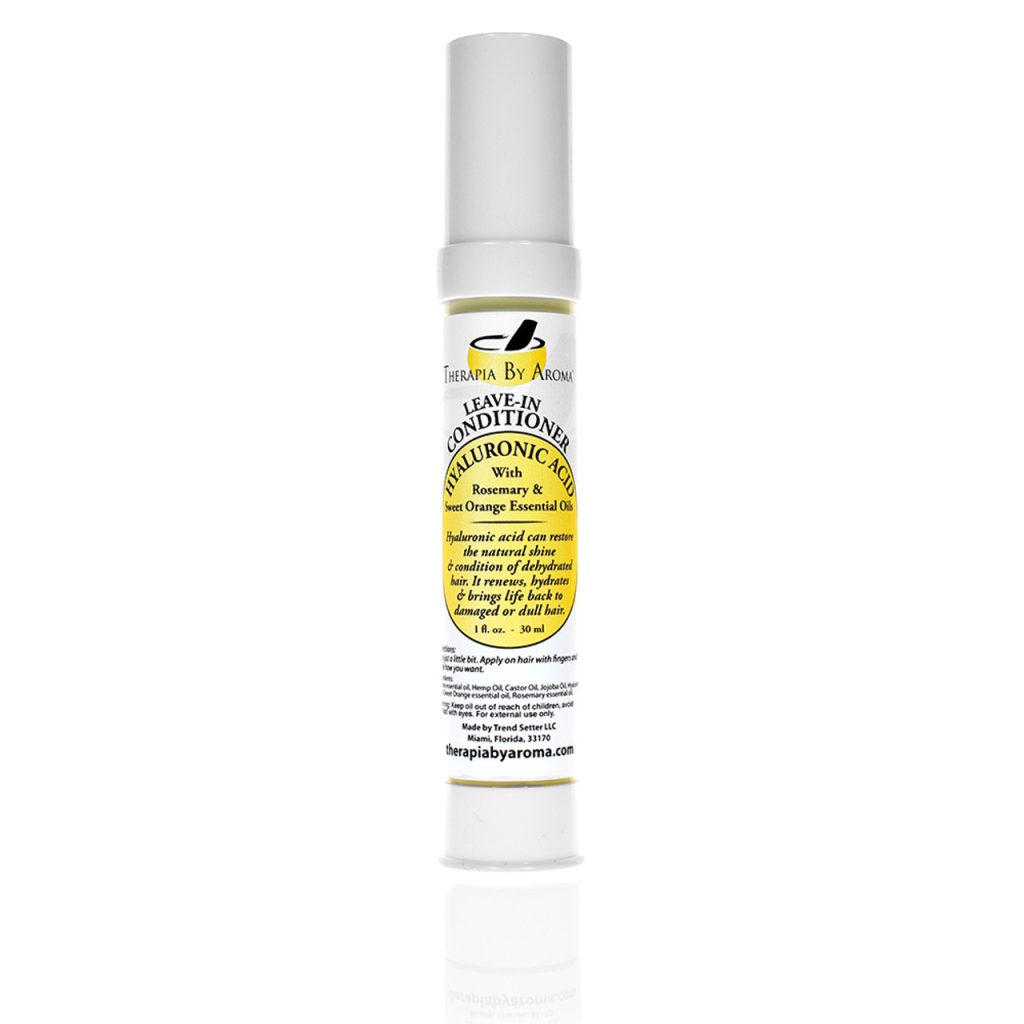
Hair Type:
Different hair types require different hair care products. Consider your hair type when choosing between leave in conditioner vs hair oil:
- Leave-in Conditioner: Leave-in conditioners are beneficial for all hair types, ranging from dry and damaged to normal or oily hair. They provide hydration and detangling benefits, making them particularly suitable for dry, frizzy, or chemically treated hair.
- Hair Oil: Hair oils are versatile and can be used on all hair types, although individuals with naturally oily hair may want to use them sparingly. Hair oils are especially beneficial for dry, damaged, and coarse hair textures that require extra moisturization and nourishment.
Hair Condition and Concerns:
Consider your hair’s condition and specific concerns when choosing between leave-in conditioner and hair oil:
- Leave-in Conditioner: If your hair is dry, lacks hydration, or is prone to tangles, a leave-in conditioner can help restore moisture, improve manageability, and reduce breakage. Leave-in conditioners often contain ingredients like humectants, proteins, and conditioning agents to provide moisturization, softness, and protection from environmental damage.
- Hair Oil: Hair oils are particularly useful for addressing concerns such as frizz, split ends, and dullness. They contain essential fatty acids, antioxidants, and vitamins that nourish and protect the hair, enhancing shine, smoothness, and overall hair health.
Application Techniques:
The application techniques for leave-in conditioner and hair oil can vary, and it’s important to follow the appropriate methods for effective usage:
- Leave-in Conditioner: After washing and towel-drying your hair, evenly distribute a small amount of leave-in conditioner through damp hair, focusing on the mid-lengths and ends. Comb through your hair to ensure thorough coverage. Avoid applying excessive amounts that can weigh down the hair or leave a sticky residue.
- Hair Oil: Hair oil should be applied sparingly to dry or damp hair. Take a small amount of oil in your palms and rub them together to warm the olive oil for hair. Gently apply the oil to the ends and lengths of your hair, avoiding the roots. Use your fingers or a wide-toothed comb to distribute the oil evenly.
Ingredient Considerations:
When choosing leave-in conditioners and hair oils, it is important to pay attention to the ingredients:
- Leave-in Conditioner: Look for leave-in conditioners that contain moisturizing ingredients such as glycerin, panthenol, and natural oils like coconut or argan oil. Avoid leave-in conditioners that contain ingredients that may cause buildup or allergic reactions, such as heavy silicones or sulfates.
- Hair Oil: Opt for hair oils that contain natural oils like argan, jojoba, or almond oil, as these are lightweight and nourishing. Avoid hair oils that contain mineral oil or synthetic ingredients that may coat the hair without providing the necessary nourishment.
Conclusion: Finding the Best Choice for You
Both leave-in conditioners and hair oils offer unique benefits for hair health and manageability. Consider your hair type, desired outcome, and styling routine when choosing between leave in conditioner vs hair oil. Experiment to see which product, or combination of products, works best for your hair!
